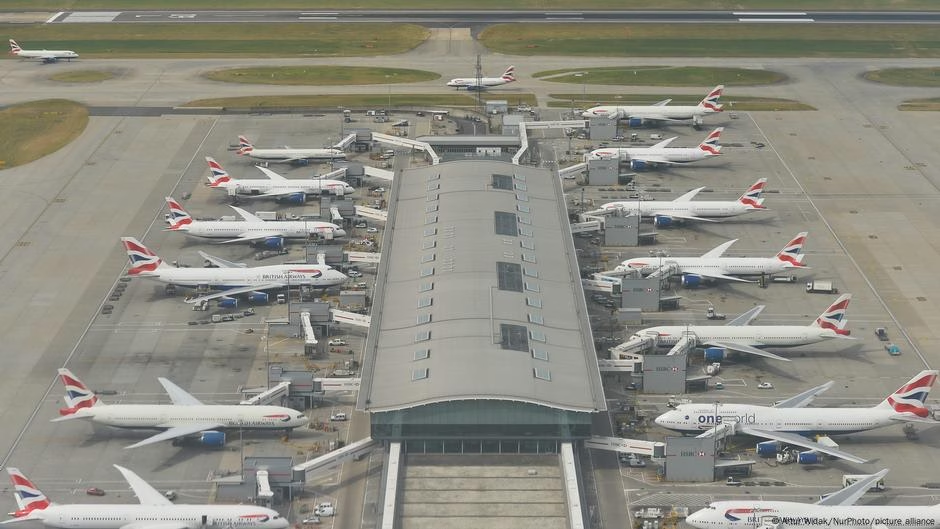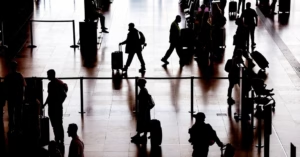The blaze halted all flights and shut down the airport, affecting hundreds of thousands of passengers adversely.
Flight tracking service FlightRadar24 reported over 1,351 flights to and from the United Kingdom’s main airport would be impacted.
British Airways, Virgin Atlantic, Lufthansa, American Airlines, and Air Lingus suffered the most canceled flights due to the disruption on Friday.
All train services to and from the airport were canceled, with the airport operator warning of a full closure for the day and “significant disruption” for days to come.
Passenger Impact and Diversions
Some Heathrow flights were diverted to Gatwick Airport, while others heading to Europe landed in Paris, Frankfurt, Amsterdam, and Dublin.
Ed Miliband, Secretary of State for Energy and Climate Change, acknowledged the “terrible disruption” the closure caused.
Passengers experienced challenges in contacting airlines to arrange refunds or re-booking, and the shutdown left planes and crews out of position, potentially leading to further disruptions over the weekend.

Economic Ramifications of the Shutdown
The outbreak is projected to cause losses to Heathrow and airlines reaching several hundred million pounds, echoing the significant financial hit from a similar situation at German airports last year.
Aviation consultant John Strickland stated that airlines are unlikely to recover these losses solely through refunds or accommodating affected passengers.
Heathrow’s Economic Role
Heathrow, the world’s fourth-busiest airport, is crucial to the UK economy, with a plane landing or taking off approximately every 45 seconds.
Despite record traffic, Heathrow is at risk of being surpassed by European airports like Paris’ Charles de Gaulle and Frankfurt.
Heathrow’s recent government support for a third runway could augment trade and economic growth; however, it remains a significant job provider for over 76,000 individuals and indirectly supports more than 100,000 others.
Edited by: Ashutosh Pandey








